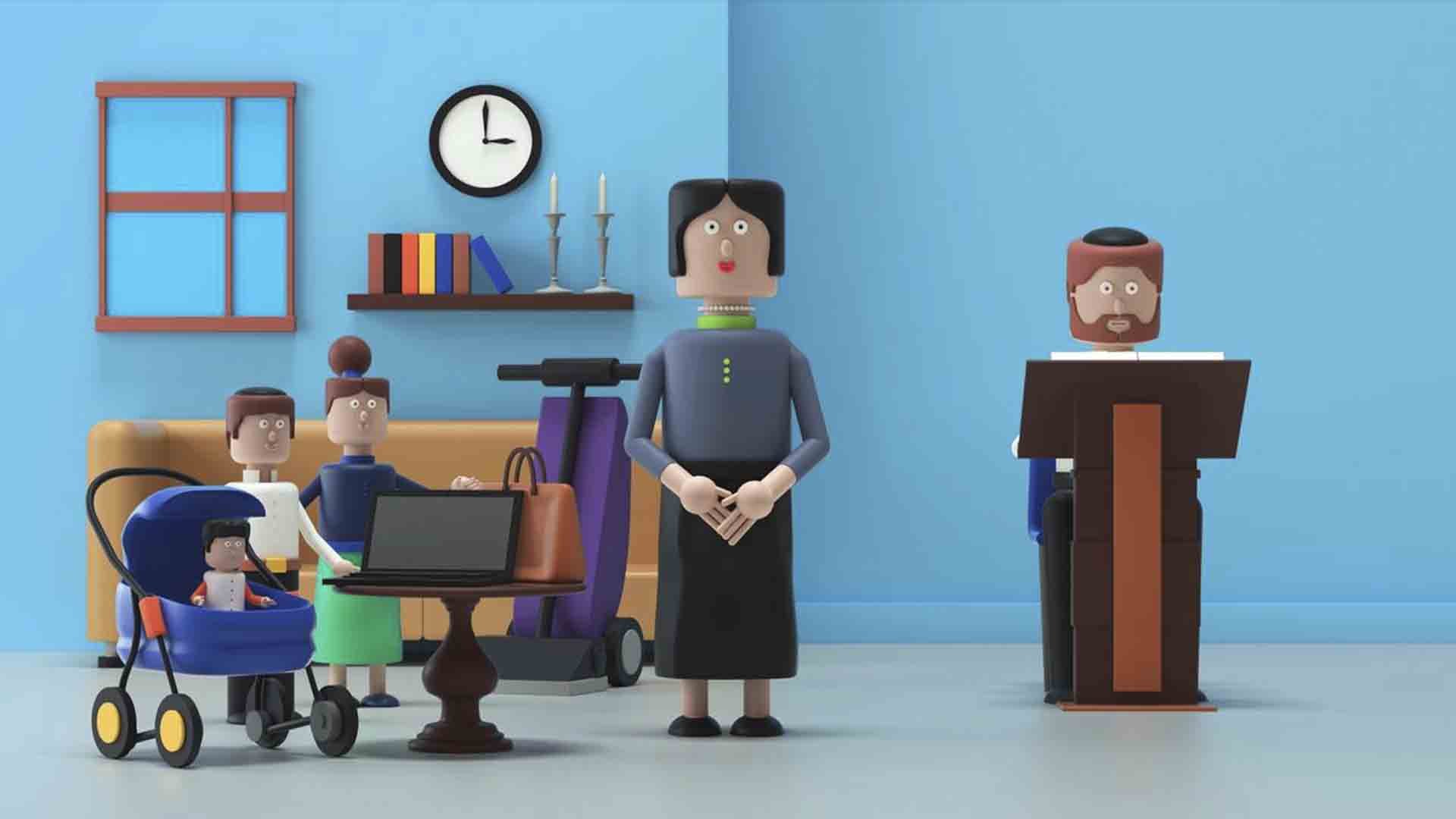For the source text click/tap here: Ketubot 79
To download, click/tap here: PDF
The general rule regarding nikhsei melug, or usufruct property (legal term meaning the right to the fruits of another’s property, without damage or destruction of that property), is that the property remains in the woman’s possession, but her husband is okhel peirot – literally, he “eats the fruit.”
In other words, she owns the property, but as long as they are married the profits accrued by the property belong to the husband.
The Gemara asks, if one steals the offspring of an animal of a woman’s usufruct property must pay payment of double the principal to the woman.
Apparently this ruling is based on the assumption that the offspring is not treated as the produce of her property but as the principal, which belongs to the woman.
We explore the history of fetal burial practices as well as modern versions of the status of children in the UK as well as state sponsored fetal abduction in China.




















